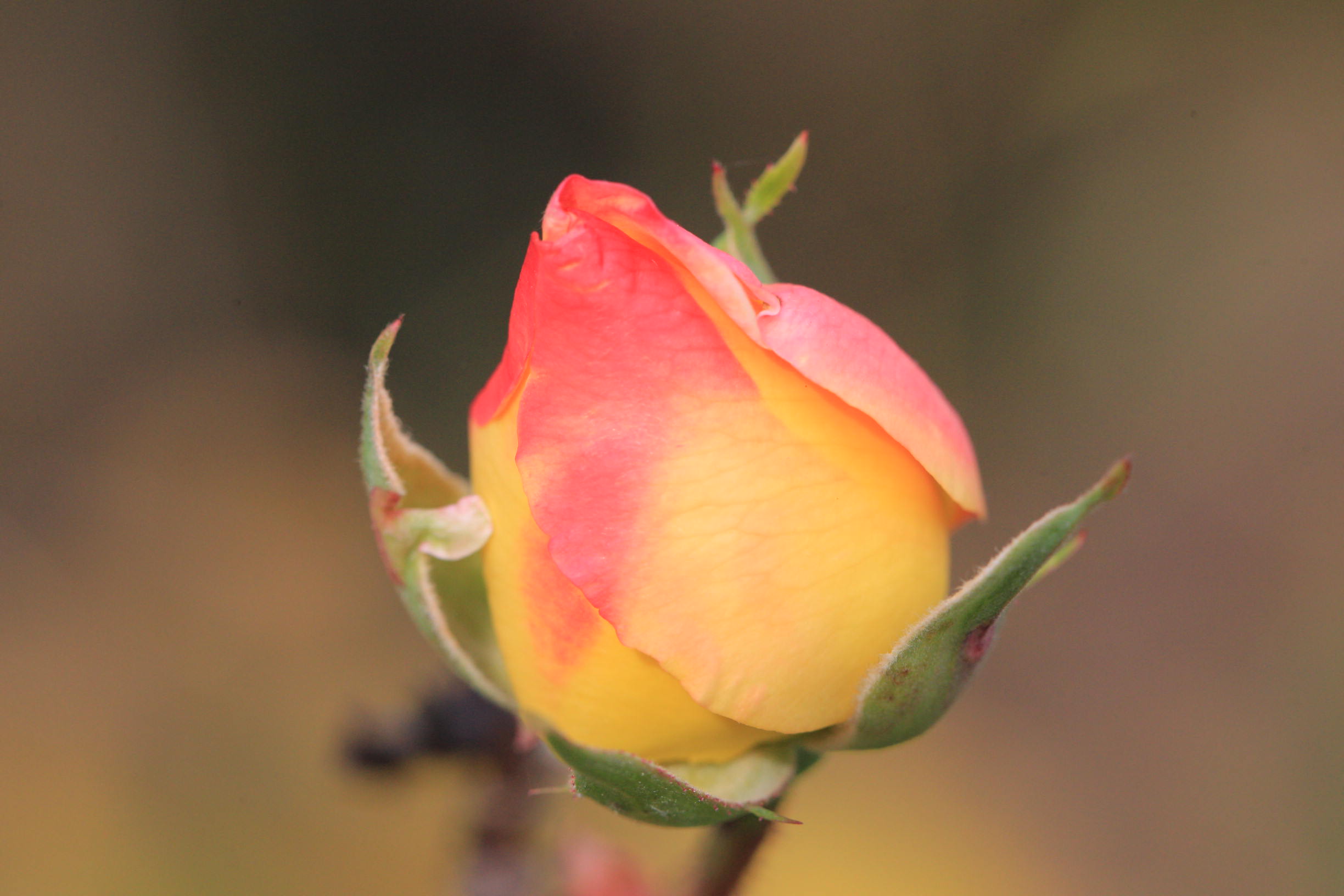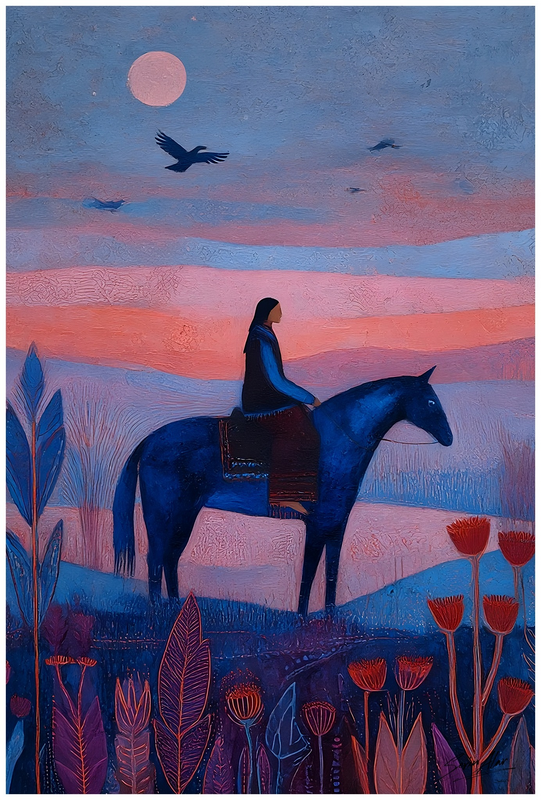When God brought Israel out of Egypt, in the third month of their wanderings, He dictated to Moses those laws we now call the “Ten Commandments.” The fourth among them was to “remember the sabbath day” (Ex. 20:8). God expected on the seventh day of the week that the Israelites should rest, just as He had done on the day after the six days of creation (Ex. 20:11).
God knew, since He created man, that man could not work every day without respite. But in time, the Jewish leadership took this commandment much further than God had intended. As such, Jesus corrected them saying, “the Sabbath was made for man, and not man for the Sabbath”(Mk. 2:27). The day was set apart for us, as we are to be for God.
What is often missed in considering the sabbath and its rest, especially by those now who still expect it to be observed according to the law, is that the seventh-day sabbath was merely a shadow of our true sabbath rest - our Lord and Savior Jesus Christ.
As Jesus preached to the masses, “come to Me, all who are weary and heavy-laden, and I will give you rest” (Mt. 11:28). True rest is found in Christ. As the author of Hebrews explains, “there remains a Sabbath rest for the people of God” (Heb. 4:9). Looked at in context, this verse is about entering God’s true rest, entering His promised land, being found in Christ.
The truth sabbath is not a specific day of the week, or a special holy day - our True Sabbath is Jesus Himself, and we are to “fear if, while a promise remains of entering His rest, any one of you may seem to have come short of it” (Heb. 4:1).
Brethren, always remember, “we have a great high priest who has passed through the heavens, Jesus the Son of God” (Heb. 4:14), who also called Himself the “Lord…of the Sabbath” (Mk. 2:28). And our High Priest, Who Himself is Lord of the Sabbath, is indeed our great Sabbath rest.
——————
Spurgeon’s Morning and Evening Devotions
Morning, January 18
"There remaineth therefore a rest to the people of God." Hebrews 4:9
How different will be the state of the believer in heaven from what it is here! Here he is born to toil and suffer weariness, but in the land of the immortal, fatigue is never known. Anxious to serve his Master, he finds his strength unequal to his zeal: his constant cry is, "Help me to serve Thee, O my God." If he be thoroughly active, he will have much labour; not too much for his will, but more than enough for his power, so that he will cry out, "I am not wearied of the labour, but I am wearied in it." Ah! Christian, the hot day of weariness lasts not for ever; the sun is nearing the horizon; it shall rise again with a brighter day than thou hast ever seen upon a land where they serve God day and night, and yet rest from their labours. Here, rest is but partial, there, it is perfect. Here, the Christian is always unsettled; he feels that he has not yet attained. There, all are at rest; they have attained the summit of the mountain; they have ascended to the bosom of their God. Higher they cannot go. Ah, toil-worn labourer, only think when thou shalt rest for ever! Canst thou conceive it? It is a rest eternal; "a rest that" remaineth. "Here, my best joys bear" mortal "on their brow; my fair flowers fade; my dainty cups are drained to dregs; my sweetest birds fall before Death's arrows; my most pleasant days are shadowed into nights; and the flood-tides of my bliss subside into ebbs of sorrow; but there, everything is immortal; the harp abides unrusted, the crown unwithered, the eye undimmed, the voice unfaltering, the heart unwavering, and the immortal being is wholly absorbed in infinite delight. Happy day! happy! when mortality shall be swallowed up of life, and the Eternal Sabbath shall begin.
God knew, since He created man, that man could not work every day without respite. But in time, the Jewish leadership took this commandment much further than God had intended. As such, Jesus corrected them saying, “the Sabbath was made for man, and not man for the Sabbath”(Mk. 2:27). The day was set apart for us, as we are to be for God.
What is often missed in considering the sabbath and its rest, especially by those now who still expect it to be observed according to the law, is that the seventh-day sabbath was merely a shadow of our true sabbath rest - our Lord and Savior Jesus Christ.
As Jesus preached to the masses, “come to Me, all who are weary and heavy-laden, and I will give you rest” (Mt. 11:28). True rest is found in Christ. As the author of Hebrews explains, “there remains a Sabbath rest for the people of God” (Heb. 4:9). Looked at in context, this verse is about entering God’s true rest, entering His promised land, being found in Christ.
The truth sabbath is not a specific day of the week, or a special holy day - our True Sabbath is Jesus Himself, and we are to “fear if, while a promise remains of entering His rest, any one of you may seem to have come short of it” (Heb. 4:1).
Brethren, always remember, “we have a great high priest who has passed through the heavens, Jesus the Son of God” (Heb. 4:14), who also called Himself the “Lord…of the Sabbath” (Mk. 2:28). And our High Priest, Who Himself is Lord of the Sabbath, is indeed our great Sabbath rest.
——————
Spurgeon’s Morning and Evening Devotions
Morning, January 18
"There remaineth therefore a rest to the people of God." Hebrews 4:9
How different will be the state of the believer in heaven from what it is here! Here he is born to toil and suffer weariness, but in the land of the immortal, fatigue is never known. Anxious to serve his Master, he finds his strength unequal to his zeal: his constant cry is, "Help me to serve Thee, O my God." If he be thoroughly active, he will have much labour; not too much for his will, but more than enough for his power, so that he will cry out, "I am not wearied of the labour, but I am wearied in it." Ah! Christian, the hot day of weariness lasts not for ever; the sun is nearing the horizon; it shall rise again with a brighter day than thou hast ever seen upon a land where they serve God day and night, and yet rest from their labours. Here, rest is but partial, there, it is perfect. Here, the Christian is always unsettled; he feels that he has not yet attained. There, all are at rest; they have attained the summit of the mountain; they have ascended to the bosom of their God. Higher they cannot go. Ah, toil-worn labourer, only think when thou shalt rest for ever! Canst thou conceive it? It is a rest eternal; "a rest that" remaineth. "Here, my best joys bear" mortal "on their brow; my fair flowers fade; my dainty cups are drained to dregs; my sweetest birds fall before Death's arrows; my most pleasant days are shadowed into nights; and the flood-tides of my bliss subside into ebbs of sorrow; but there, everything is immortal; the harp abides unrusted, the crown unwithered, the eye undimmed, the voice unfaltering, the heart unwavering, and the immortal being is wholly absorbed in infinite delight. Happy day! happy! when mortality shall be swallowed up of life, and the Eternal Sabbath shall begin.
When God brought Israel out of Egypt, in the third month of their wanderings, He dictated to Moses those laws we now call the “Ten Commandments.” The fourth among them was to “remember the sabbath day” (Ex. 20:8). God expected on the seventh day of the week that the Israelites should rest, just as He had done on the day after the six days of creation (Ex. 20:11).
God knew, since He created man, that man could not work every day without respite. But in time, the Jewish leadership took this commandment much further than God had intended. As such, Jesus corrected them saying, “the Sabbath was made for man, and not man for the Sabbath”(Mk. 2:27). The day was set apart for us, as we are to be for God.
What is often missed in considering the sabbath and its rest, especially by those now who still expect it to be observed according to the law, is that the seventh-day sabbath was merely a shadow of our true sabbath rest - our Lord and Savior Jesus Christ.
As Jesus preached to the masses, “come to Me, all who are weary and heavy-laden, and I will give you rest” (Mt. 11:28). True rest is found in Christ. As the author of Hebrews explains, “there remains a Sabbath rest for the people of God” (Heb. 4:9). Looked at in context, this verse is about entering God’s true rest, entering His promised land, being found in Christ.
The truth sabbath is not a specific day of the week, or a special holy day - our True Sabbath is Jesus Himself, and we are to “fear if, while a promise remains of entering His rest, any one of you may seem to have come short of it” (Heb. 4:1).
Brethren, always remember, “we have a great high priest who has passed through the heavens, Jesus the Son of God” (Heb. 4:14), who also called Himself the “Lord…of the Sabbath” (Mk. 2:28). And our High Priest, Who Himself is Lord of the Sabbath, is indeed our great Sabbath rest.
——————
Spurgeon’s Morning and Evening Devotions
Morning, January 18
"There remaineth therefore a rest to the people of God." Hebrews 4:9
How different will be the state of the believer in heaven from what it is here! Here he is born to toil and suffer weariness, but in the land of the immortal, fatigue is never known. Anxious to serve his Master, he finds his strength unequal to his zeal: his constant cry is, "Help me to serve Thee, O my God." If he be thoroughly active, he will have much labour; not too much for his will, but more than enough for his power, so that he will cry out, "I am not wearied of the labour, but I am wearied in it." Ah! Christian, the hot day of weariness lasts not for ever; the sun is nearing the horizon; it shall rise again with a brighter day than thou hast ever seen upon a land where they serve God day and night, and yet rest from their labours. Here, rest is but partial, there, it is perfect. Here, the Christian is always unsettled; he feels that he has not yet attained. There, all are at rest; they have attained the summit of the mountain; they have ascended to the bosom of their God. Higher they cannot go. Ah, toil-worn labourer, only think when thou shalt rest for ever! Canst thou conceive it? It is a rest eternal; "a rest that" remaineth. "Here, my best joys bear" mortal "on their brow; my fair flowers fade; my dainty cups are drained to dregs; my sweetest birds fall before Death's arrows; my most pleasant days are shadowed into nights; and the flood-tides of my bliss subside into ebbs of sorrow; but there, everything is immortal; the harp abides unrusted, the crown unwithered, the eye undimmed, the voice unfaltering, the heart unwavering, and the immortal being is wholly absorbed in infinite delight. Happy day! happy! when mortality shall be swallowed up of life, and the Eternal Sabbath shall begin.













